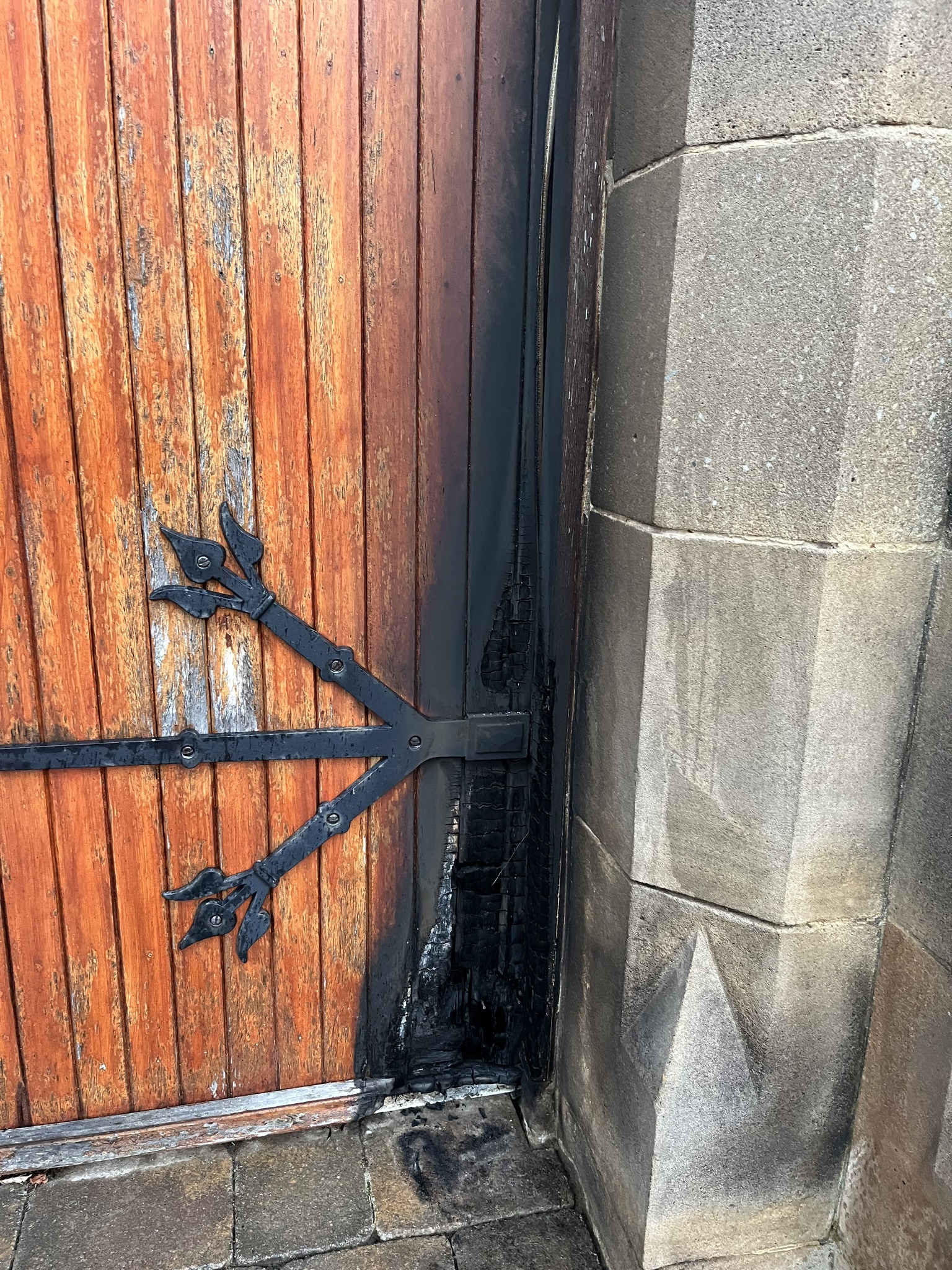
A priest has said it is a mystery why his Co Antrim church was targeted in an arson attack.
Police are appealing for information and witnesses following the report of criminal damage at the side door of Our Lady and St Patrick’s Catholic Church in the Castle Street area of Ballymoney.
Parish priest Fr Damian McCaughan discovered the fire on Sunday night and put it out.
He said he was alerted when the fire alarm went off shortly before 10pm.
Fr McCaughan said a wooden log covered in a propellant had been laid against the door.
“I gave the log a kick and then I got a bucket of water and threw it over the door to stop it burning,” he said.
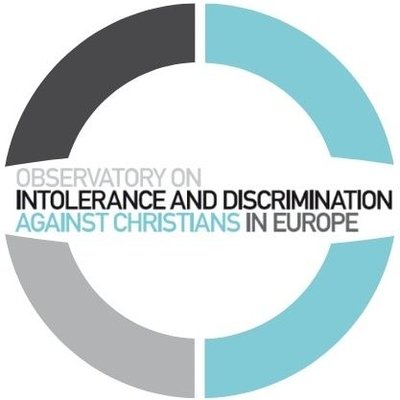
Europe has witnessed a 44% jump in anti-Christian hate crimes across more than two dozen countries over the past year, according to a monitoring group.
The Vienna-based Observatory on Intolerance and Discrimination against Christians in Europe (OIDAC Europe) on Thursday released its annual report detailing the spike in anti-Christian incidents, which it said is “connected to a rise in extremist motivation and a higher acceptance of the targeting of churches.”
The group’s surveys of “intolerance and discrimination” against Christians reported “physical attacks and threats against individual Christians or Christian communities, desecration and vandalism of Christian sites” and “violations of freedom of religion, expression, association, and conscience,” among other incidents.

The Catholic Church in Scotland has criticised the Scottish government’s new guidance on sex education, arguing that the latest proposals threaten the right of Catholic schools to protect their religious ethos.
Following the release of a draft government document called “Guidance on Relationships, Sexual Health, and Parenthood (RSHP) Education,” Scotland’s bishops issued a forthright statement in response, highlighting that previous religious protections had been scrubbed out.
“The Bishops’ Conference of Scotland is both disappointed and confused at the decision by the Scottish government to delete all reference to Catholic schools in its ‘Guidance on the Delivery of Relationships, Sexual Health, and Parenthood (RSHP) Education in Scottish Schools’ document,” the bishops said.
“We strongly request the reinsertion of the paragraphs relating to denominational education from the previous iteration of the guidance, which would reflect both the legal protection for schools with a religious character and the previously supportive position of the Scottish government for Catholic schools.”
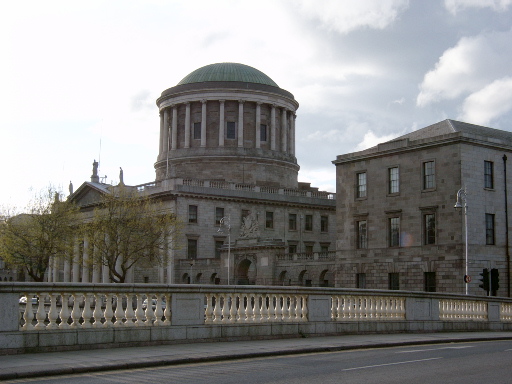
The constitutionality of the abortion exclusion zone bill which passed at final stage in the Dáil on Wednesday evening will very likely be challenged in court after it becomes law, according to the pro-Life Campaign. Even silent pro-life vigils in the vicinity of an abortion facility will be banned.
The so-called “Safe Access Zones” Bill would establish a buffer zone within 100 metres of abortion facilities or hospitals that perform abortions.
The bill passed the Dáil with 117 votes in favour to just ten TDs against.
The main political parties imposed the party whip on the issue.
It now proceeds to the Seanad where a final vote will happen before it passes into law.
In a statement, the Pro Life Campaign said it continues to vigorously oppose the proposal, “given the way it specifically targets a particular group of citizens (namely pro-lifers) and criminalises them for exercising the right to peacefully protest and assemble”.
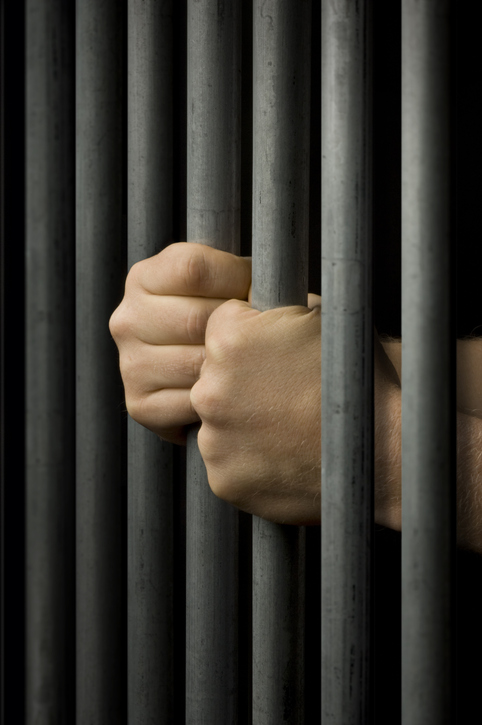
Bishop Alan McGuckian has called for the release of Hong Kong pro-democracy activist, former media owner and Catholic Jimmy Lai, who has been imprisoned for nearly three years.
The bishop of Raphoe signed a petition, along with nine other bishops from eight countries.
Mr Lai was arrested in August 2020 under a controversial law imposed by Beijing to quash what the Chinese Communist Party considered subversion and sedition in region of Hong Kong.
In September, he marked his 1,000th day in prison awaiting trial on further charges.
The prelates wrote that “Mr Lai’s persecution for supporting pro-democracy causes through his newspaper and in other forums has gone on long enough”.
“There is no place for such cruelty and oppression in a territory that claims to uphold the rule of law and respect the right to freedom of expression,” they said.
The Hong Kong government rejected the petition, calling it “misleading and slanderous”, and said it “interferes” with juridical proceedings in Hong Kong.
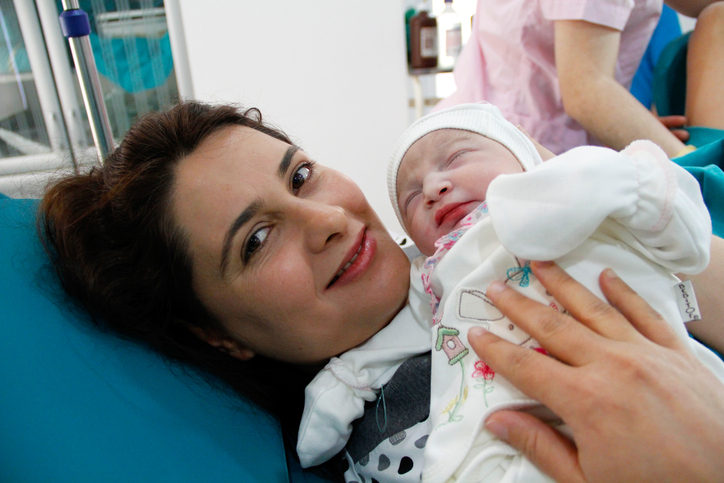
Annual baptisms in the Church of England have plummeted from 615,000 in 1920 to 80,000 last year, according to newly published figures.
The scale of the decline is illustrated further by the percentage of babies that are christened. In 1927, it baptised 72 per cent of all newborn children whereas in 2019 the Church baptised just 8 per cent.
The numbers seeking baptism were interrupted by the Covid-19 pandemic, dropping to a record low of 17k in 2020, before recovering to 80k in 2022.
The latter figure includes a higher percentage of older babies, indicating candidates who were ‘delayed’ by the pandemic restrictions.
However, despite the “significant bounce-back in baptism numbers” last year, the total figures for 2022 remained below pre-pandemic levels and the church said there are still “in the region of 70,000 people not yet baptised who would have been baptised had there not been a pandemic”.

Nonetheless, despite the overwhelming opposition, the taxpayer-funded Human Fertilisation and Embryology Authority (HFEA) has ignored the results of its own consultation and proceeded to lobby the Government for the change.
As part of the consultation, the HFEA (page 26) outlined its desire to “future proof” the Human, Fertilisation and Embryology Act to allow it be more easily modified to permit changes, such as increasing or removing the 14-day limit, via secondary legislation rather than changes to primary legislation.
Changes via secondary legislation would be subject to reduced scrutiny would be reduced, in contrast to primary legislation, where ethical considerations can be rigorously discussed in Parliament and MPs held accountable.

The consequences for the small Christian community in Gaza of the current war in the Holy Land, have been terrible, according to the Catholic charity Aid to the Church in Need (ACN).
A project partner which is responsible for the Gaza Strip said at least 53 Christian families’ houses have been completely destroyed, and most of the buildings belonging to Christian institutions have been damaged by airstrikes.
Particularly disheartening, it says, was the loss of the Catholic school of the Holy Rosary Sisters. This institution symbolised the Christian presence in Gaza and the Latin Catholic Church’s work in education.
The school is located in the Tal Al Hawa neighbourhood, one of the three areas of Gaza where most of the Christian population lives and which has been badly affected by airstrikes over the past two weeks.
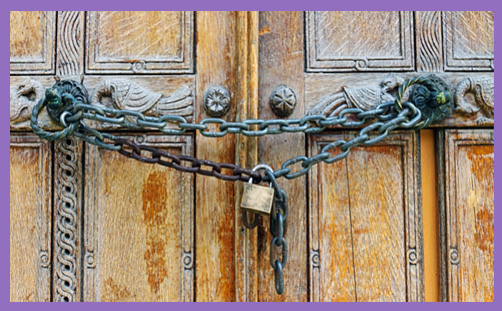
The lockdown of churches in the UK during the 2020 coronavirus pandemic was “outrageous”, a former Government minister has admitted.
Lord Greenhalgh of Fulham, a Conservative peer in Boris Johnson’s Government, said that churches and other places of worship were closed because “people at the heart of power did not understand faith”.
He made his remarks as the Covid Inquiry heard evidence from senior advisers and civil servants about the decisions taken during the pandemic.
They included Deputy Cabinet Secretary Helen MacNamara who told the inquiry that decision makers had suffered from a “narrow perspective”.
Lord Greenhalgh said that places of worship did a “phenomenal job” at controlling the spread of the virus compared to rates of transmission in other settings that were not subject to the same restrictions.
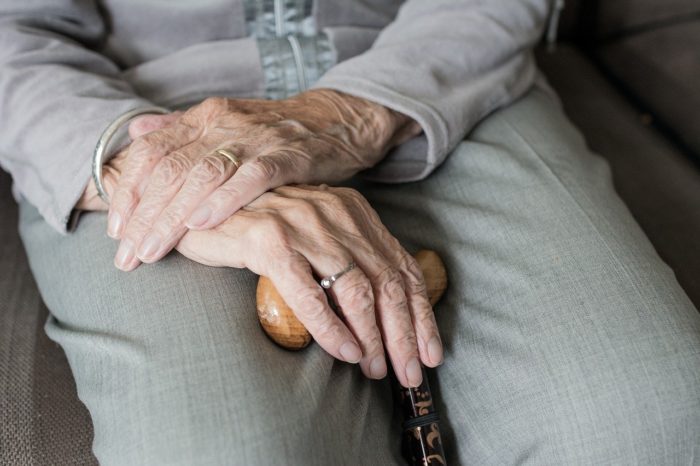
Preventing vulnerable people from being unjustly targeted for ‘assisted suicide’ is a real difficulty, numerous contributors told a joint Oireachtas committee.
On Tuesday, the National Suicide Research foundation said: “It is difficult to identify what safeguards would be deemed sufficient based on the international experience and where responsibility lies in determining adherence to safeguards”.
It added that those who choose ‘assisted dying’ have some things in common with persons who commit suicide including, “living alone, having no children, and not identifying as being religious”.
“It is likely that the prevalence of mental health conditions such as depression are under-reported and undiagnosed in people who request assisted dying.”
Speaking at the same meeting, Léopold Vanbellingen, a doctor in Law at the University of Leuven and expert on assisted death laws said despite their alleged safeguards, “each of these national laws rapidly tend to pose a threat to the lives of vulnerable people”.
“We can identify at least three categories of victims of this inescapable threat: firstly, elderly people who are dependent; secondly, people suffering from mental illness; thirdly, healthcare practitioners.”
Representing the Irish College of Psychiatrists, Dr Siobhan MacHale, said the answer to patients not receiving adequate specialist palliative care is not to “end our patients’ lives”.
She added that “by creating one class of people for whom life is expendable, that particular view may be extended by society to all groups possessing such attributes [such as permanently disabled people].”